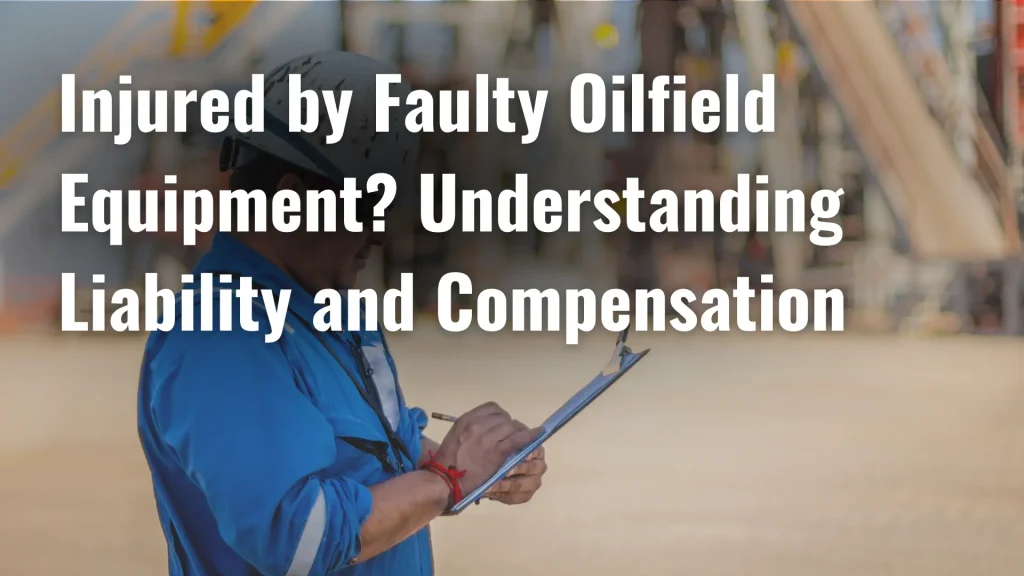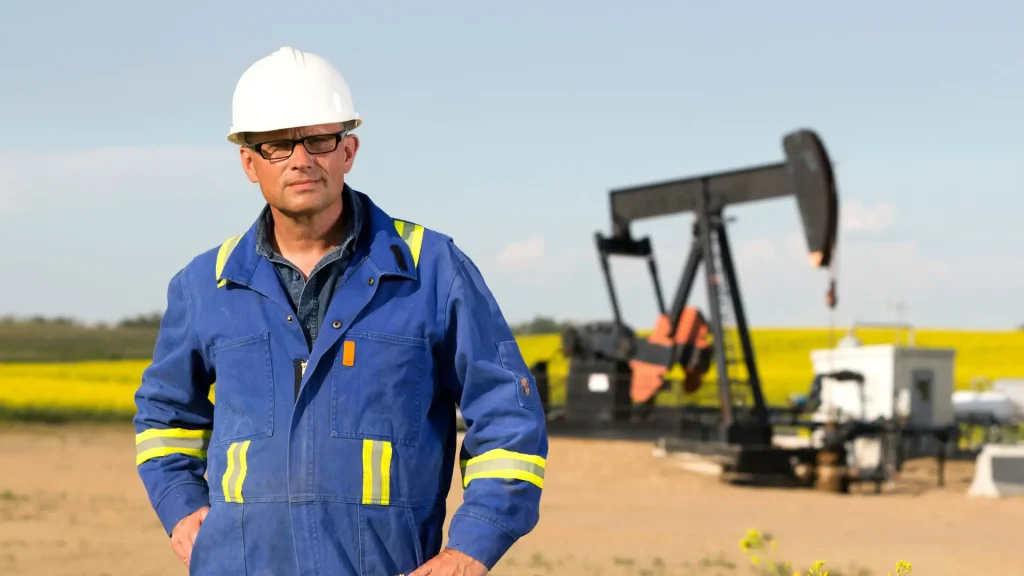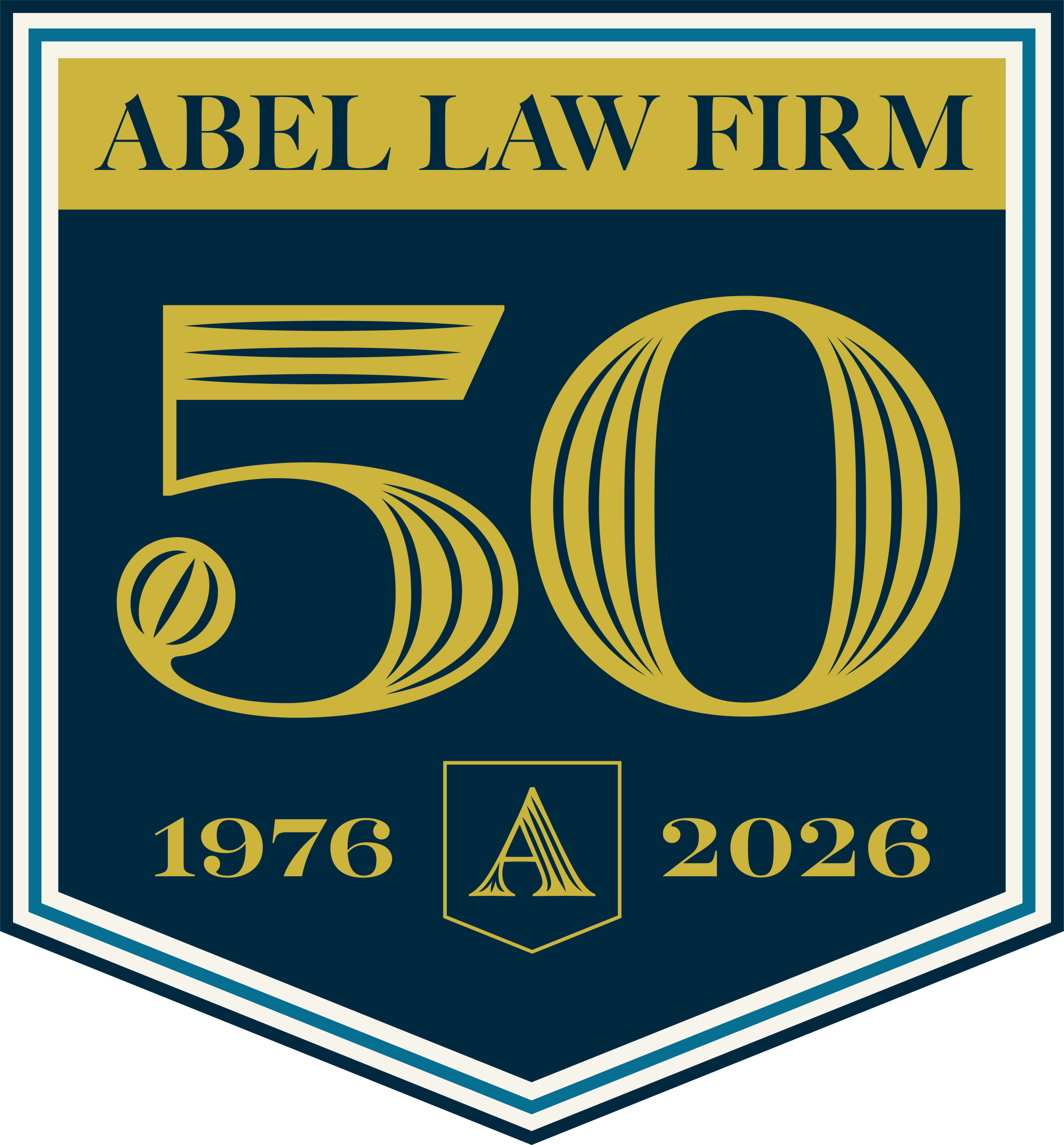Posted on Friday, August 22nd, 2025 at 9:00 am


Working in an oil field is demanding and dangerous, even under the best conditions. When you show up to do your job, you expect your equipment to be ready to do the work. When faulty equipment is involved, the risks of traumatic accidents increase significantly. In these cases, oil field equipment failure liability becomes a crucial legal issue, as injured workers may have the right to hold negligent manufacturers, maintenance crews, or employers accountable for the harm caused.
Defective tools, machinery failures, or poorly maintained equipment can lead to severe, even life-changing injuries. When a defective product causes an injury at work, oil field workers may be entitled to pursue expected compensation. However, determining responsibility for an accident isn’t always black and white. Multiple parties, from manufacturers to maintenance companies, may share liability. Determining who is liable in an oil field accident injury case often requires a thorough investigation into safety practices.
Understanding liability and how it affects compensation can make a significant difference when seeking money after an oil field accident.
Who Can Be Held Liable for Equipment Failure?
One problem with establishing liability in an oil field accident is that more than one party may often be responsible. While pointing the finger at an employer or a parts manufacturer may be easy, one or more parties can be liable for the accident. Depending on the circumstances of the incident, complete or partial liability may rest with:
- Employers and Site Operators – Companies must provide safe working conditions, adequate personal protective equipment, and training. They also ensure that parts and machinery are in good working condition and receive regular maintenance.
- Equipment Manufacturers – A manufacturer may be accountable for a workplace accident in several ways. Manufacturers must ensure that products are safe. Defective designs, manufacturing defects, and failure to warn about hazards can make companies liable for injuries.
- Maintenance and Service Companies –Maintenance and service companies responsible for inspecting, maintaining, or repairing oil and gas equipment may also be liable. These companies have a duty to inspect and maintain the integrity of equipment. Their careless actions can lead to devastating accidents when they cut corners or fail to reasonably identify issues.
- Contractors and Subcontractors – In some situations, contractors or subcontractors may be responsible when their actions, like the improper use or maintenance of equipment, cause an on-site incident.
Defective products can lead to heavy machinery accidents, drilling rig injuries, and pipeline equipment failures. These incidents can result in fires, violent explosions, transportation accidents, and chemical exposure that put lives on the line.
How to Prove Liability in an Oil Field Equipment Failure Case
Proving liability can be challenging with so many potentially liable entities involved. Engaging with a knowledgeable oil field accident lawyer as soon as possible is the best way to build a solid gas field injury claim. An attorney understands the unique state and federal laws that can impact liability. They also know how to conduct a complete investigation that preserves valuable evidence.
Evidence is the key to any oil field equipment failure case. Evidence supports your position, establishing how the accident occurred and who was at fault. It can also be used to directly tie the careless actions of an at-fault party to your injuries and measurable losses. Some of the evidence that can help prove liability in an oil field equipment failure case includes:
- The damaged or defective equipment
- Photographs or videos of the accident scene
- Coworker and witness statements
- Safety inspection reports or maintenance records
- Medical records
- Testimony of industry experts
Gathering and preserving the evidence needed to prove liability can be challenging for an injured oil field worker. Involving an attorney is essential. It frees workers to focus on their health and recovery, while their attorney advocates for them by:
Collecting and Preserving Evidence
An attorney can help secure and preserve the faulty equipment for inspection. It may serve as critical evidence in proving a defect or failure.
Gathering Maintenance and Inspection Records
Responsible parties will generally not voluntarily offer maintenance logs, inspection reports, and service records to injured victims. It can take legal intervention to gather documentation that proves gaps, missed inspections, or ignored safety warnings may have caused the accident.
Consulting Industry Experts
Experienced oil field accident lawyers have access to industry experts who can help determine what caused a failure. They also have the resources to find experts who can examine design blueprints, product manuals, or recall notices to reveal product defects or known dangers.
Collecting Witness Statements
Coworkers, supervisors, or safety inspectors who witnessed the failure can provide valuable testimony about unsafe conditions or negligence.
Reviewing Employer Safety Policies
Lack of proper training, safety procedures, or equipment inspections by the employer may strengthen a liability case.
Compensation for Oil Field Equipment Failure Injuries


Third parties like product manufacturers, maintenance companies, and contractors are often wholly or partially liable for equipment failure accidents. When the careless actions of a third party cause an oil field accident, an injured worker can file a personal injury lawsuit seeking compensation for their injuries. The overall value of a defective product liability lawsuit varies depending on the circumstances of the accident and the severity of a worker’s injuries.
Oil field workers may also seek compensation via the Oklahoma workers’ compensation insurance program. Workers’ compensation is no-fault insurance that covers medical expenses and a portion of an employee’s lost wages. Other benefits, such as disability and death, may also be available.
Applying for and accepting workers’ compensation benefits protects an employer from future litigation. However, it doesn’t prevent an oil field worker from pursuing a third-party personal injury lawsuit. Discussing the unique details of your situation is the best way to understand which legal options are available to you.
Don’t Face the Aftermath of an Oklahoma Oil Field Accident Alone
An oil field accident caused by faulty equipment can change your life. Workers can suffer life-altering injuries that affect daily life and their ability to return to work. You shouldn’t be left to suffer the physical and financial burden of someone else’s mistake. The oil field accident lawyers in Oklahoma at Abel Law Firm are passionate about protecting the rights of Oklahoma oil field workers. Let us help you. Our team is here to help you understand your rights and take the first step toward securing the necessary benefits. Contact our office 24/7 or call (405) 239-7046 for a free legal consultation.
Related Post
Compensation Through Third-Party Gas Field Claims in Oklahoma
Compensation for Toxic Exposure Injuries in Gas Field Accidents




